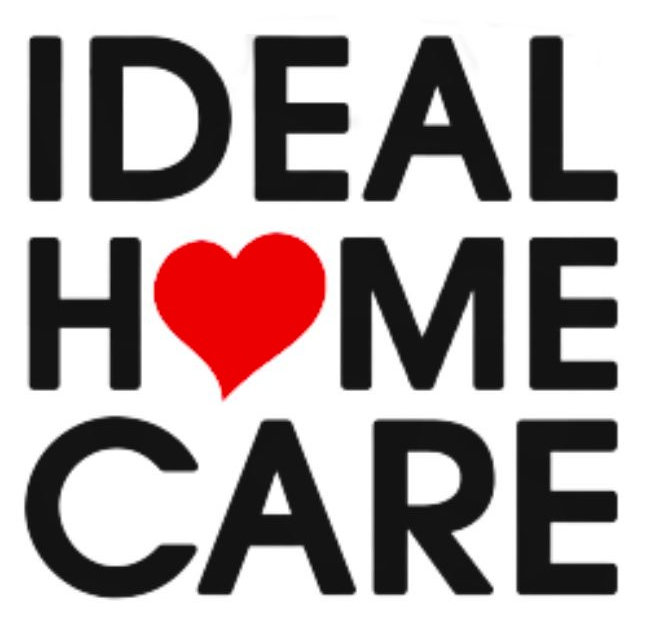Inviting a caregiver into the home of a loved one is a big step. To help caregivers provide the best possible care, family members and others must communicate with them. Being open and sharing information with the caregiver from the beginning is crucial in building the relationship between caregivers and patients. Ultimately, caregiver instructions and your initial conversations with them can impact the health, happiness, and support of your aging loved one.
While it’s important, knowing how to communicate with a new caregiver isn’t always easy. Here, Ideal Home Care Services explains what to share with a new caregiver to ensure a loved one receives the care and attention they need.
Contact Information
Caregivers are trained to handle emergencies. Even still, providing them with a well-organized and easy-to-read list of important contact information can help them act more effectively. Contact information you should share with a caregiver includes:
- Emergency contacts: Provide the caregiver with a list of contacts to call in the case of an emergency, including family members, doctors, specialists, and others.
- Physician information: Write out doctor information for the caregiver, such as phone numbers and addresses for all your loved one’s primary care providers.
- Classes and community centers: If your loved one partakes in any classes, frequently visits community centers, or is a member of an organization that meets regularly, make sure to include their addresses and phone numbers.
Medications and Illnesses
Perhaps the most important piece of information you must communicate with your loved one’s caregiver is the current state of their medical health. Caregivers must be fully aware of any health issues, illnesses, and conditions your loved one has been diagnosed with, as well as any medications they take.
In addition to verbally communicating with the caregiver, it can help to write out thorough instructions for them. Any necessary medications should be clearly labeled and include detailed instructions on how to take them.
If your loved one has a system in place for medication management, ensure the caregiver is aware of it. Additionally, you must inform caregivers of the warning signs that indicate an illness is worsening or that a drug has an adverse effect.
Food Preferences
Rather than having the caregiver learn by trial and error, you should communicate with them about your loved one’s food habits and preferences. Explain to the caregiver what your loved one’s favorite foods are, what meals they find particularly comforting, and any snacks they prefer in between meals. It’s equally important to communicate what foods your loved one dislikes or ones that do not agree with their stomachs.
You should also inform caregivers if your loved one has any food allergies or if they are sensitive to certain foods, such as dairy or gluten. Mention to caregivers when and where your loved one usually eats meals. Communicating this information will help caregivers prepare appropriate meals for your loved ones.
Other Caregiver Instructions
The relationship between caregiver and patient is a special bond. The foundation of this relationship is based on trust and a good sense of knowing who your loved one is as a person. That entails knowing what their typical day looks like and what they enjoy doing.
Family members can help nurture this relationship by communicating with caregivers about their aging loved ones. Explain whether or not the patient is more introverted or extroverted and how much alone time they enjoy, if any. Give the caregiver a brief rundown of a typical day for your loved one so they can plan ahead and seamlessly transition into their lives.
Find Compassionate Care For Your Loved One
If you’re searching for compassionate, reliable, and trusted care for your loved one, turn to the team at Ideal Home Care Services. Based in Hauppauge, New York, and serving clients throughout the Long Island area, we offer a wide range of services that center around providing personalized care to individuals who require additional attention. The types of services we provide include personal care, companion care, support services, and more.
We encourage families to communicate and provide caregiver instructions. That ensures their loved ones receive the level of care they expect. Explore our resources to discover other ways we can assist you, or contact us today to learn more about our offerings.

